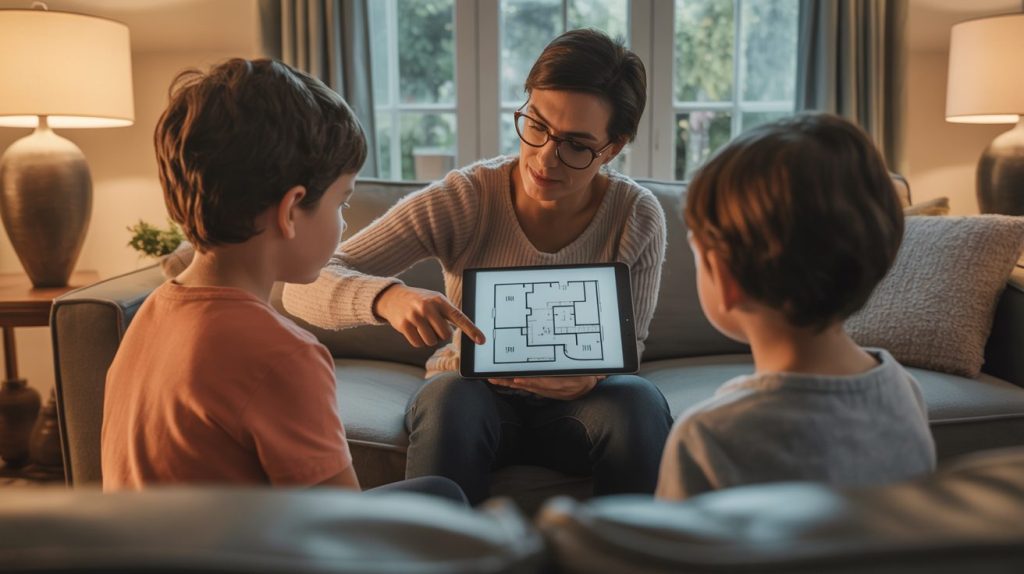Not everyone wants, needs, or can keep a firearm at home. This article covers non-lethal options, environmental and behavioral strategies, technology, and personal training that can make your home safer while minimizing risk to family members and neighbors.
Start with prevention and de-escalation
Situational awareness: Lock doors and windows, use deadbolts, maintain good exterior lighting, trim landscaping that hides entry points.
Deterrence: Visible cameras, alarm stickers, and exterior lighting can reduce the chance a criminal targets your home. Loud barking dogs (real or signage) are also deterrents.

Non-lethal tools & how to use them responsibly
Pepper spray / OC spray: Easy to carry and simple to use at close range, but requires practice and awareness of wind/indoor effects. Legal restrictions vary by location; check local laws.
Stun guns / Taser devices: Offer temporary incapacitation; effective at close range. Require training on safe deployment and legal understanding.
Security cameras & monitored alarms: Modern systems alert you and authorities quickly; many integrate with smartphones for remote viewing.
Reinforced doors and strike plates: Physical upgrades can prevent forced entry and buy time.

Training and planning
Home defense plan: Design and rehearse a plan — escape routes, designated safe room, where to keep phones, and how to communicate with family.
Personal defense training: Martial arts, situational awareness courses, and de-escalation seminars build confidence and physical skills. For homes with older adults, consider mobility-friendly plans.
First aid & trauma care: In violent encounters, knowing tourniquet use and basic trauma response can save lives.

Technology and smart strategies
Smart doorbells & cameras: Ring-style doorbells and cameras provide live feeds and two-way audio to deter or document suspicious activity.
Remote lighting and automation: Scheduled lights or motion sensors simulate occupancy when you’re away.
Monitored services: Subscription services that call police when alarms trigger can be faster and more reliable than DIY alarms alone.
Balancing access and safety
If you do choose non-lethal tools, treat them like any defensive tool: store safely, keep them charged/accessible, and train. For families with children, ensure these tools are out of reach and that kids are taught basic safety (don’t touch strange devices).
When to combine options
Many homeowners use layered defenses: strong doors + alarms + cameras + a trained family member who carries pepper spray or a non-lethal device. Layering reduces reliance on any single measure and increases overall safety.


